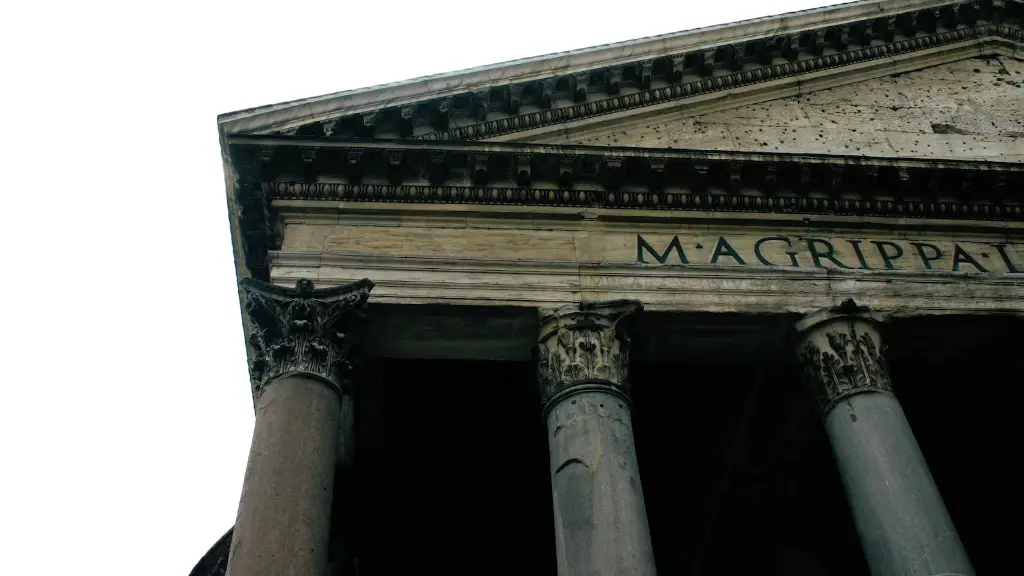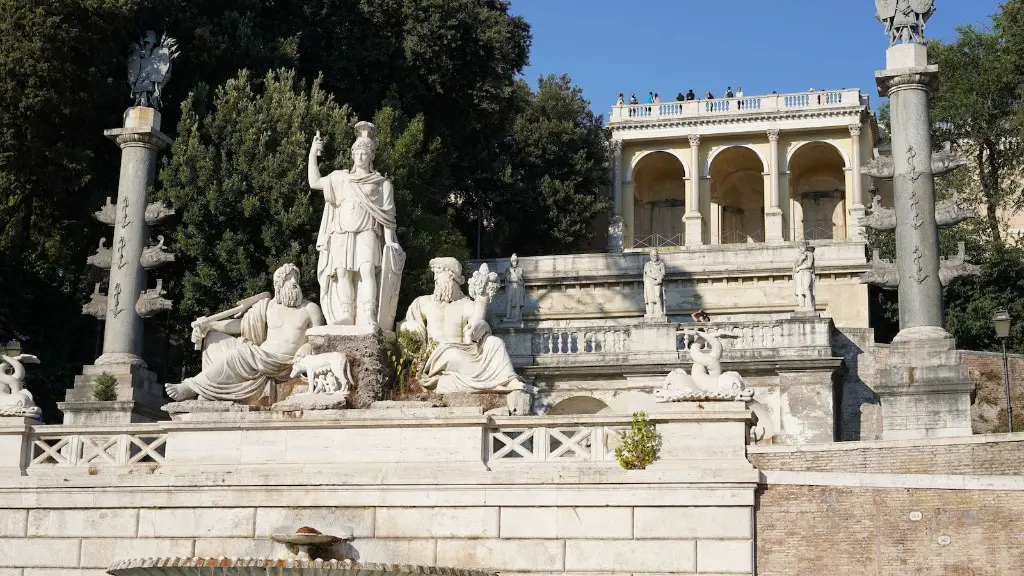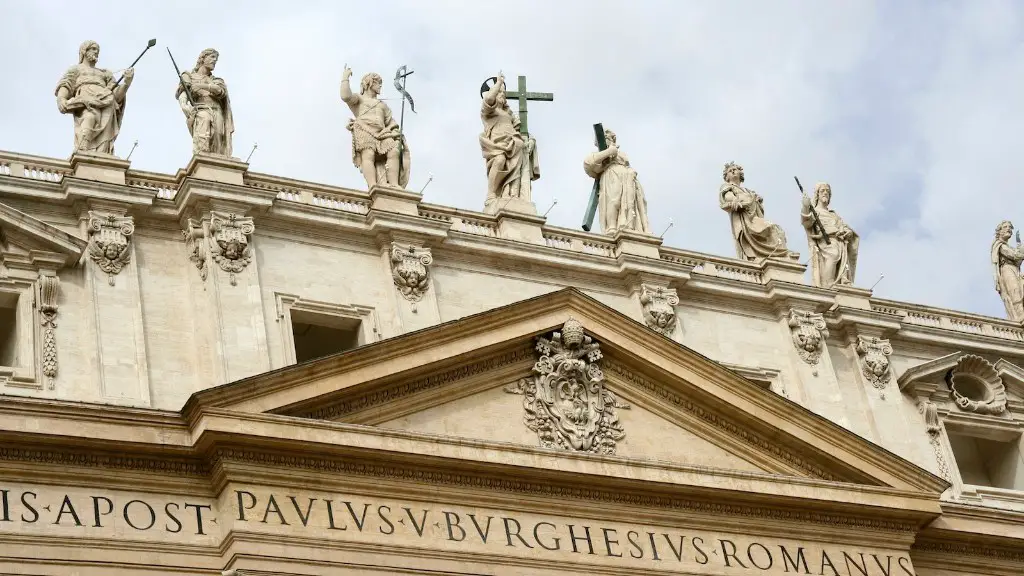The most famous of the gladiators of ancient Rome is Spartacus, who is said to have inspired a great slave rebellion against the Roman Empire in 74-71 BCE. Spartacus was a Thracian or Gaul, who was enslaved by the Romans and forced to become a gladiator. He was known for his incredible strength, bravery and skill in the arena, which made him one of the most famous and popular gladiators in Roman history.
Spartacus, along with his fellow slaves, led a major revolt against the Roman Empire known as the Third Servile War. He and his followers were eventually defeated by the Roman general Crassus, but Spartacus’s courage and rebellious spirit made him a hero to the people of Rome and an inspiration to those who fought against oppressive governments.
The story of Spartacus is one that has been told for centuries, and it is one of the most immortalised figures in history. He has been the inspiration for books, plays, movies and TV shows, and his story remains an example of courage, strength and resistance against oppression.
Some of the most famous casts attributed to Spartacus include Kirk Douglas in the 1960 classic movie, Spartacus, and Andy Whitfield in the Starz series Spartacus: Blood and Sand. Although not all of the information about Spartacus and his revolt is known for certain, historians have tried to piece together his life and feats from the historical records that remain.
For those who want to learn more about Spartacus, there are several books and textbooks that provide insight into his life. One such book, Spartacus: A brief history, by Peter Stothard, offers a detailed and comprehensive look at the life of the most famous of the Roman gladiators.
In addition to books and movies, there are also many websites dedicated to teaching individuals about the life of Spartacus, as well as his legacy in the world today. The Spartacus Virtual Museum is an online resource that offers a look into the life of Spartacus, as well as his role in the Third Servile War and its significance today.
Spartacus is one of the most famous figures of Roman history, and his legacy of courage, strength and resistance continues to speak to people from all over the world today. He is a symbol of hope and freedom for those who have been oppressed, and his story is an example of what individuals can achieve when they stand together in solidarity.
Impact on Roman Civilization
When Spartacus and his followers rose up against Rome in the Third Servile War, it marked a significant shift in Roman civilization. This was the first time in history that slaves had risen up against their masters, and it sent a message to the Roman Empire that slaves were no longer content to be subservient. This message resonated with many across the empire, and it ultimately led to the eventual dissolution of the institution of slavery in the Roman world.
For the citizens of Rome, the revolt was seen as an act of defiance and an assertion of freedom. It also represented a struggle against the powerful and oppressive force of the Roman state and its laws. This struggle would eventually be won, as slavery was abolished in Rome in the 3rd century CE.
Spartacus and his fellow slaves have come to represent something of a symbol of resistance and freedom for those oppressed and subjugated by tyrannical powers throughout history. As a result, his name has been used to describe a wide range of acts of protest over the centuries. Today, Spartacus is still used as a canonical figure, one whose struggle against tyranny can inspire all to stand up for freedom and justice.
Death of Spartacus
The actual death of Spartacus has been a matter of some debate over the years, as there is no factual evidence to suggest what actually happened. It is generally believed that Spartacus was defeated in battle and captured by the Roman general Crassus. The exact manner of his death is not known, although it is thought that he was crucified, as was common in these types of punishments at the time.
Whatever the case, it is certain that Spartacus was viewed as a martyr by his followers and those sympathetic to his cause. His death ensured the ultimate failure of the revolt, but his legacy lives on today. He is remembered as a symbol of courage and determination in the face of persecution and injustice.
Legacy
The legacy of Spartacus is undeniable, and has remained relevant to this day. His name has been used in many contexts, from politics to film, and continues to inspire and motivate those who find themselves oppressed and subjugated. He is remembered as an example of what individuals can achieve when they stand together, and fight for freedom and justice.
The story of Spartacus is an iconic example of how individuals can resist oppressive systems, and how those systems can be overthrown. In this way, the legacy of Spartacus still resonates today and serves as an important reminder that freedom is something that must be fought for and defended.
Reception and Significance
The story of Spartacus has been widely celebrated over the centuries, and his legacy has had a profound impact on popular culture. He has inspired countless books, films and TV shows, and has been the subject of countless debates and discussions. He is seen as an iconic figure in the struggle for freedom and justice, and his legacy has been inspiring and motivating countless people for centuries.
Spartacus has also been used as a symbol by various political groups, who use his legacy to fight for greater justice and equity. He has also been represented in various artistic mediums, including painting, sculpture and literature. His story continues to be told in a wide variety of ways, and his legacy remains palpable in modern culture.
Conclusion
In conclusion, Spartacus is one of the most famous figures in Roman history, and his legacy has remained relevant to this day. He was an example of courage and strength in the face of oppression, and his story has inspired countless people throughout history. Spartacus continues to be an example of what individuals can do when they stand together in solidarity, and his legacy will continue to inspire people throughout the ages.




